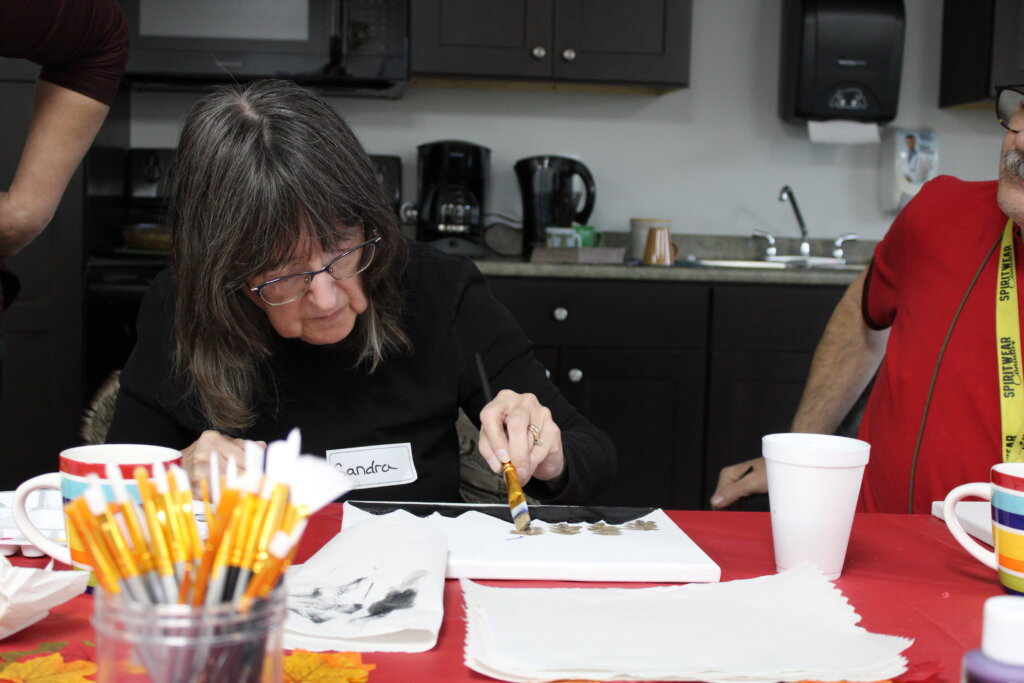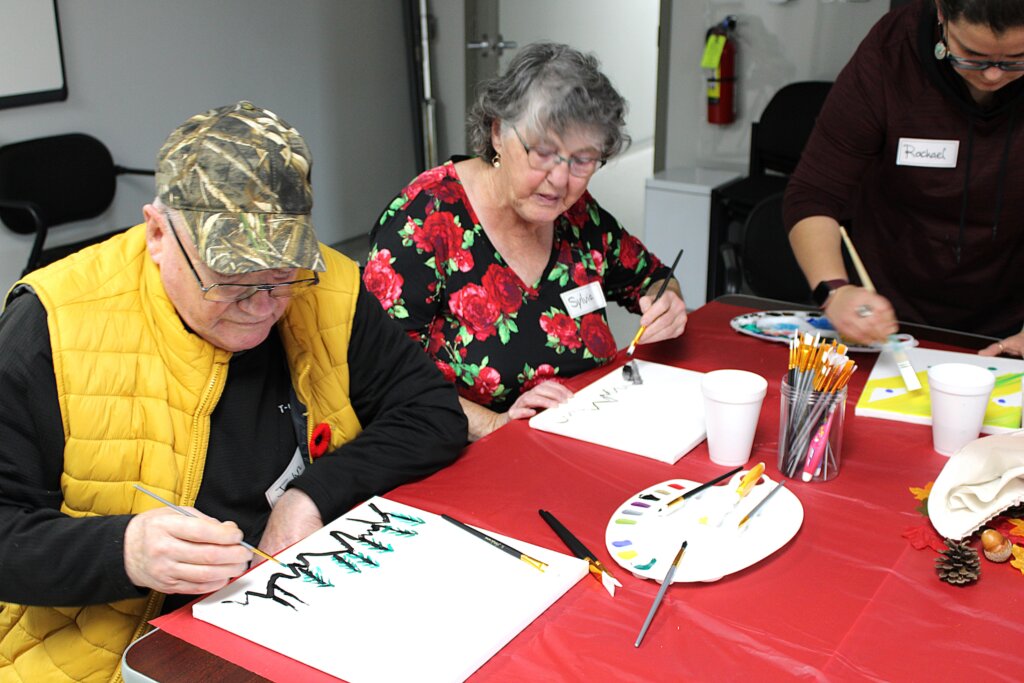Memory Cafes provide much needed social spaces and community connection for people living with memory loss, and their loved ones
L’ARDOISE: According to Nova Scotia Health, the number of people living with dementia will increase up to 87 per cent by the year 2050.
One non-profit in Richmond County is determined to take a whole person approach to this challenge.
“As a Community Health Centre, we are focused on factors beyond just a person’s physical health alone,” Dr. Kingston Memorial Community Health Centre Managing Director Sherry Sampson said. “We recognize that social determinants play a huge role in health outcomes. Fostering social connections, and recognizing barriers is an important aspect of the work we do.”
This fall, they have introduced their new Memory Cafes and hosted their inaugural event on Nov. 5, which came with a great response from those in attendance.
“Firstly, we would like to acknowledge our supporters who helped this idea become a reality,” Community Engagement and Public Relations Manager Josie Robinson told The Strait Area Reporter. “Our next session dates are Dec. 3, Jan. 14 and Feb. 11.”

Memory Cafes are a space for people with dementia and other forms of memory loss to connect with others in a barrier-free environment. Attendees enjoy creative entertainment, snacks and drinks, as well as non-memory based conversation.
As a Community Health Centre, Robinson suggested they are more than a conventional clinic – their approach to care includes care at a community level, noting 46 per cent of Richmond County’s population is 55 and older.
“We understood changes had to be made in the coming years so seniors can remain socially active as they age,” she said. “Healthy communities need spaces where people of all ages can interact together. By creating more age friendly communities, everyone benefits.”
As Senior Safety and Social Inclusion Coordinator Rachael Leblanc reports, sometimes a dementia diagnosis can lead to decreased mental health.
“For people with dementia– and their caregivers too– the daily challenges and stress lead people to socially withdraw and become more lonely,” she said. “That’s why our guests really benefit from this event. Even one short outing a month can help people feel less alone.”

Board member Dorothy Barnard also suggested as community members, they have seen friends and neighbours with dementia and have seen the effects on their families.
“We recognized that within our area, there was no programming that was specifically designed and research-based to create safe spaces for people with memory challenges and their families to enjoy the company of others,” Barnard said. “These are spaces for enjoyment; spaces that are not focused on education but on social inclusion.”
For caregivers and folks with dementia, the daily realities can be isolating and when routine tasks that used to be easily accomplished become more difficult, it can make a person’s world feel smaller.
“Some people may feel embarrassment or fear making mistakes in front of people,” Robinson said. “We have also come to understand that in helping people with dementia, we are really helping entire family networks.”


